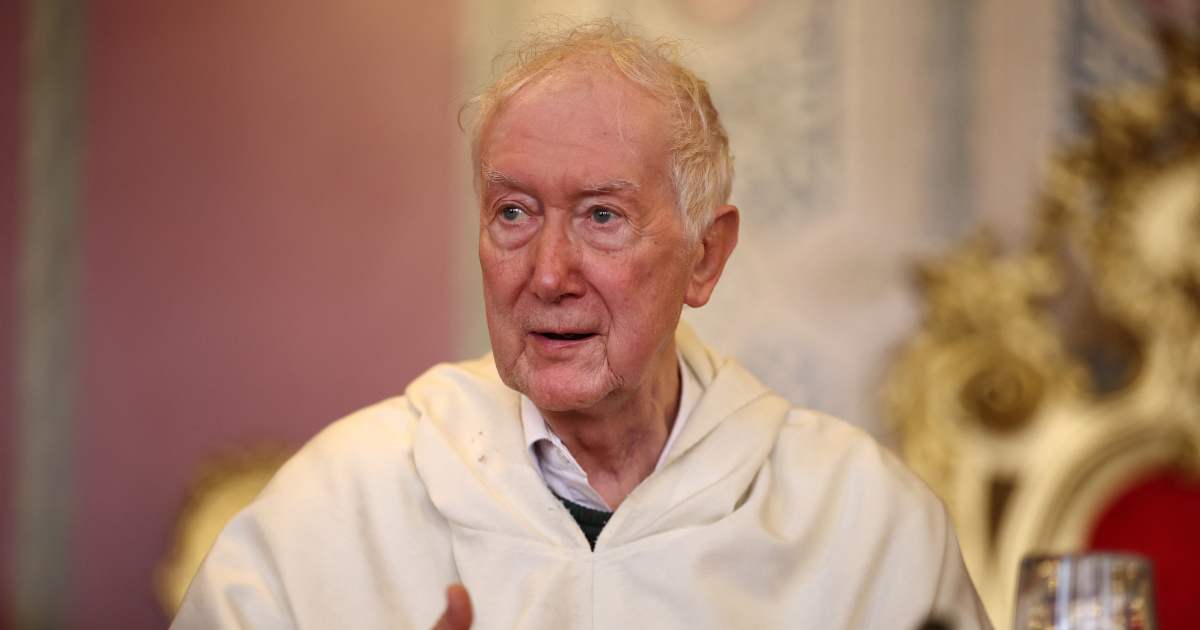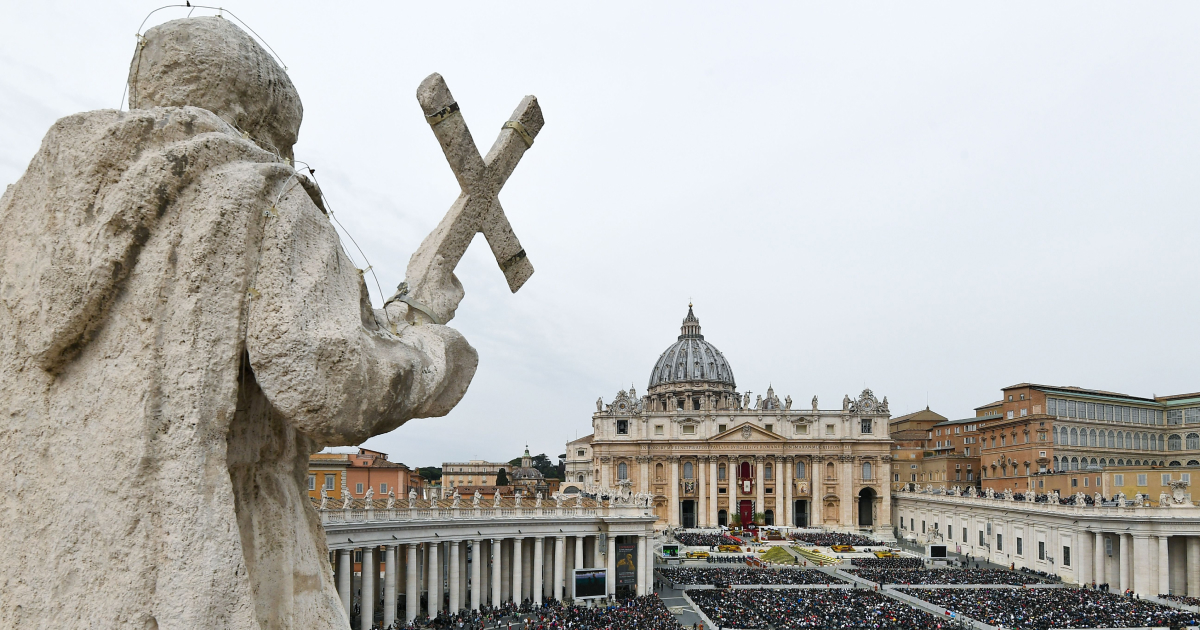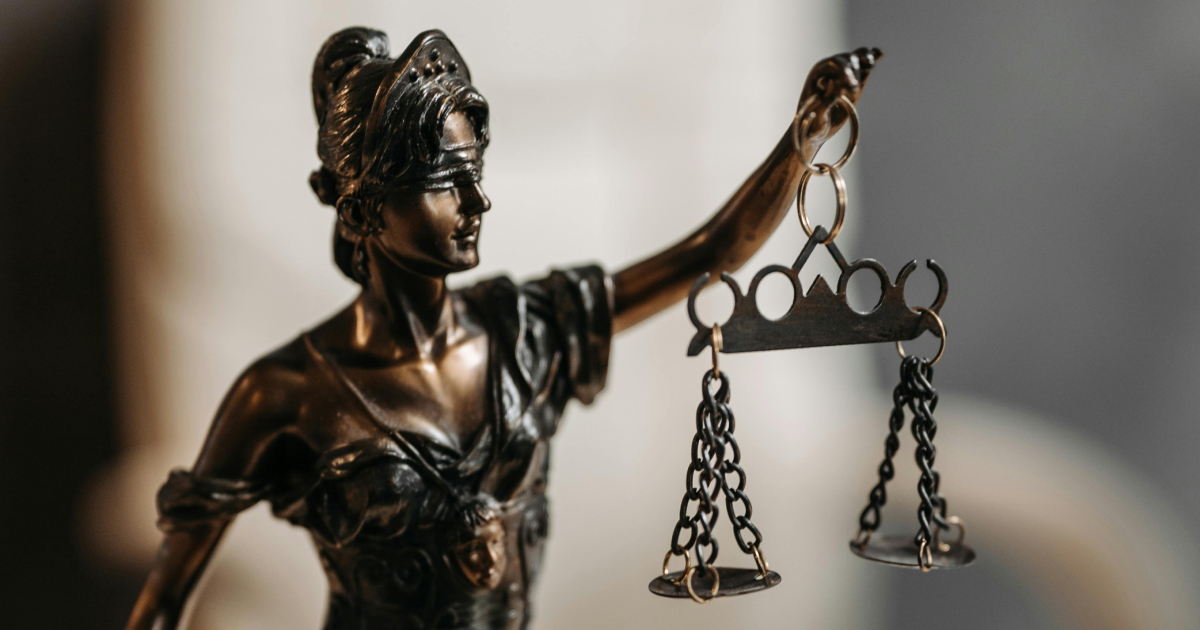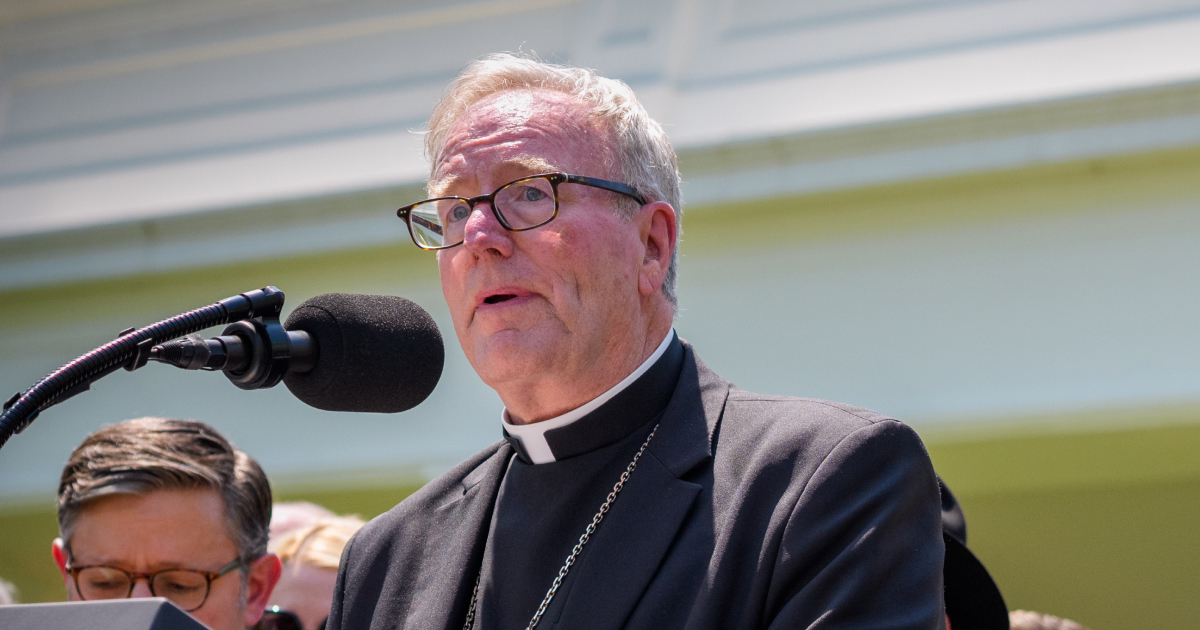Pope Leo XIV has issued a motu proprio to restore legal clarity to the Vatican’s civil administration by formally permitting Sister Raffaella Petrini FSE to serve as President of the Pontifical Commission for Vatican City State.
The document, signed on 19 November and released 21 November, amends the 2023 Fundamental Law so that the Commission “is composed of Cardinals and other members, including the President, appointed by the Supreme Pontiff for a five-year term".
The motu proprio – Latin for "on his own impulse", and which in Vatican parlance describes an official act taken without a formal request from another party – allows lay men, lay women, or religious sisters to lead the Commission by abrogating the Fundamental Law of Vatican City State Article 8, Section 1.
In his letter, Pope Leo speaks of “governance needs that are proving increasingly complex and pressing”, arguing that the governorate must operate in “a form of shared responsibility” consonant with the principles of Praedicate Evangelium.
The change by Leo replaces the previous wording, which required the president to be a cardinal, a stipulation that rendered Sister Petrini’s appointment in February legally irregular.
Her elevation was first revealed live on Italian television, before being confirmed officially on 15 February. It was widely noted at the time that the law, as it stood, did not permit a woman religious to hold the office.
Observers pointed out that the appointment was, in the words used by commentators close to the process, legally unthinkable. Even within the Vatican, concern focused less on the suitability of Sister Petrini, who is widely respected for her administrative expertise, and more on the suddenness of the decision and the absence of the necessary juridical framework.
Ten days later, on 25 February, the Holy See Press Office attempted to close the gap by announcing that Pope Francis had amended the Fundamental Law and appointed two Secretary Generals.
But critics noted immediately that no official text of such an amendment had been published in the Acta Apostolicae Sedis or printed in the L'Osservatore Romano, as required under Vatican legal norms.
Italian Catholic media Silere non possum described the situation as, “without publication, the law does not exist”. The result was months of uncertainty surrounding the governance of Vatican City State, with a president whose appointment rested on an assumption rather than on statute.
By issuing the new motu proprio, Pope Leo has now regularised the situation and implicitly acknowledged the flaw.
The revision solves the problem by, in effect, confirming that no such amendment had been promulgated, while also tackling the issue that the original text basically did not allow a president who was not a cardinal.
Speaking privately to the Catholic Herald, two priests familiar with the internal workings of the Vatican say the Pope has been careful to fix the inconsistencies inherited from the previous pontificate.
The Pontifical Commission has long been associated with the legislative life of the world’s smallest state. Its presidency has until now been tied to the cardinalate, reflecting both tradition and assumptions about seniority.
The motu proprio only took a sentence to amend the irregularity, but it marks a decisive early step in the pontificate of Leo in terms of trying to restore order and clarity with the Vatican.
Photo: Pope Leo XIV speaks with Sister Raffaella Petrini, President of the Governorate of the Vatican City State, as they wait for the passing of the pack of the 21st and last stage of the 108th Giro d'Italia cycling race at the Vatican, 1 June 2025. (Photo by ALBERTO PIZZOLI/AFP via Getty Images)





.jpg)











